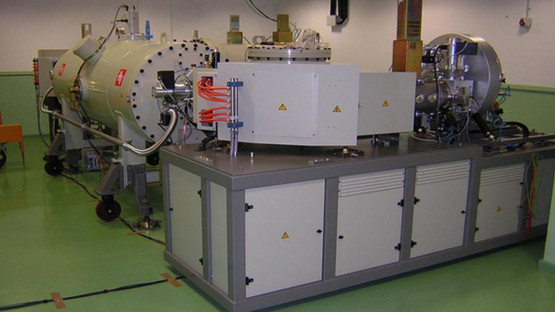The IAEA has redesignated today the Spanish National Accelerator Centre (CNA) in Seville as an IAEA Collaborating Centre for a third term to enhance global marine research using accelerator-based analytical techniques.
The collaboration will focus on key areas such as improving the methodology for the determination of man-made radionuclides in marine samples, as well as understanding their behavior in the oceans and using these as tracers to study different marine processes. Scientists will also advance research on natural archives such as coral reefs and sediments to better understand past climate changes.
“The CNA’s role in conducting analyses has been exemplary over the past eight years, using highly specialized particle accelerators to analyze long-lived radionuclides in marine samples, and then making this data available to Member States,” said IAEA Deputy Director General Najat Mokhtar, Head of the Department of Nuclear Sciences and Applications. “The Centre’s technology and expertise is important for the IAEA Environment Laboratories to carry out complex research and tests to further advance our work in protecting marine ecosystems.”
The CNA is Spain’s public research institution equipped with particle accelerators that are tuned for environmental science, archeology, nuclear science and medicine, and nuclear waste management. These advanced techniques deliver among the highest precision measurements of diverse anthropogenic, cosmogenic and natural radioactive chemical elements in diverse marine samples.
The CNA has been a productive and innovative IAEA Collaborating Centre for two terms (2010 to 2014 and 2016 to 2020), consistently providing valuable Accelerator Mass Spectrometry analyses of long-lived radionuclides.
Under the new proposed workplan, the CNA will assist the IAEA Environment Laboratories in Monaco from 2020 to 2024.
This collaboration has allowed the CNA group to participate in pioneering research projects, and we have access to incredible samples and environments that are difficult for us to have access.




